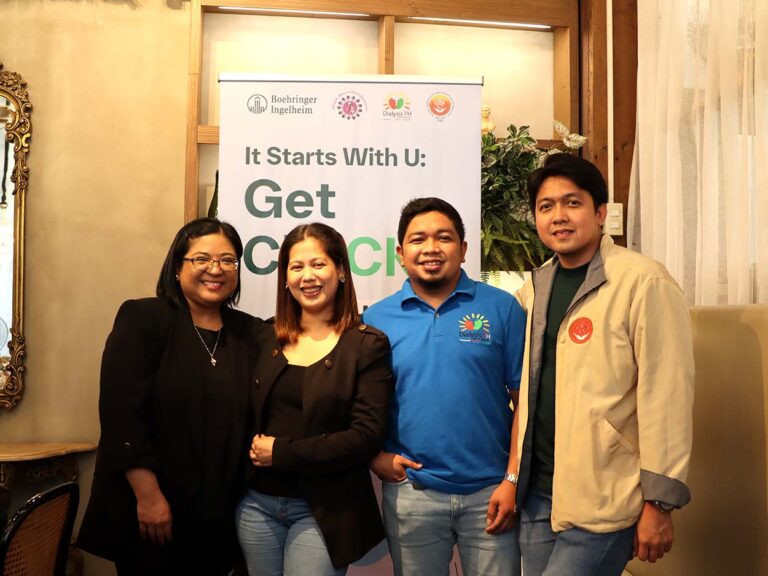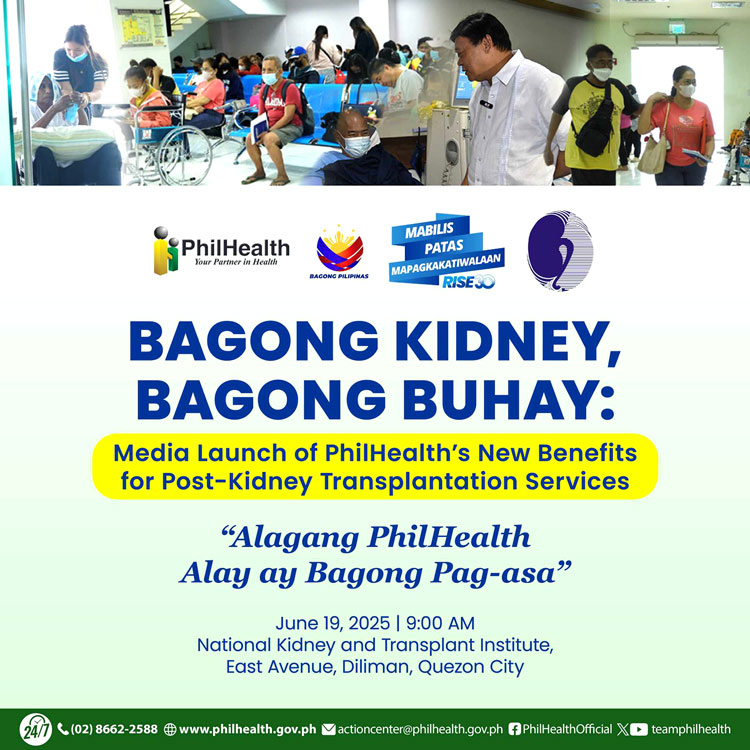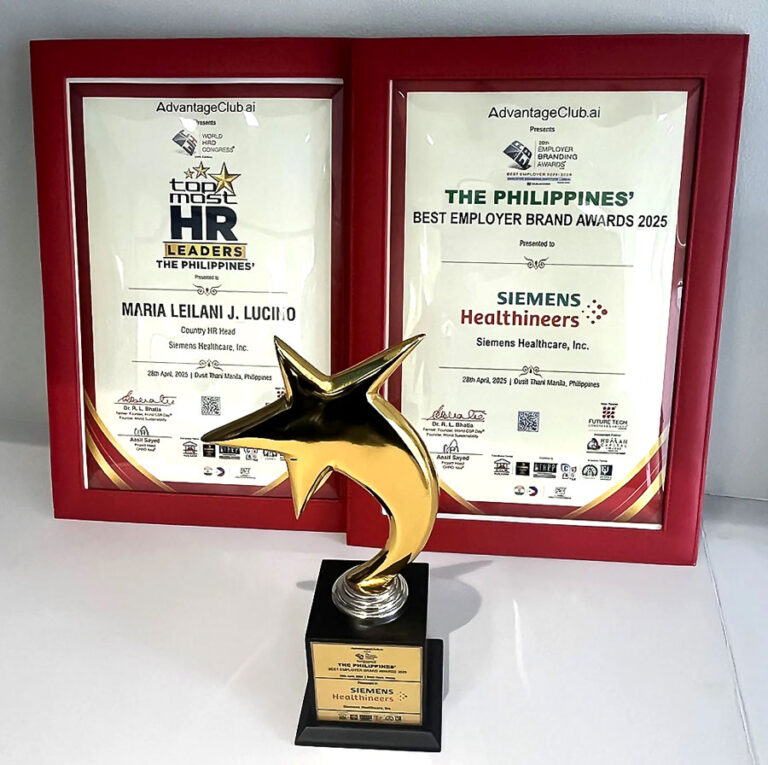QUEZON CITY – The EcoWaste Coalition has challenged manufacturers of personal care and cosmetic products or PCCPs to voluntarily terminate their use of plastic micro-beads for the fishes’ sake.
The group specifically asked companies using polyethylene, polypropylene, polyethylene terephthalate polymethyly methacrylate, nylon and other plastic materials as micro-beads in PCCPs to opt for non-polluting alternatives instead.
“As part of their corporate social and environmental responsibility, we urge manufacturers to switch to naturally biodegradable substitutes to plastic micro-beads as scrubbing components in PCCPs such as facial cleansers. We need to stop polluting our rivers and seas in the name of personal care with these micro-plastics that can suck up toxic chemicals which are then pass into the fish who mistake them for food,” said Thony Dizon, coordinator of the EcoWaste Coalition’s “Project Protect” in a statement sent to the Mindanao Examiner.
The appeal came on the heels of newly-released study showing evidence that plastic micro-beads from personal care products are capable of transferring absorbed pollutants to fish that ingest them.
The study, conducted by scientists from RMIT University in Australia and the Hainan University in China and published in the Environmental Science and Technology Journal, showed that up to 12.5 percent of polybrominated diphenyl ethers or PBDEs on micro-beads from facial cleansers were assimilated by fish following particle ingestion.
In the controlled laboratory experiment, the researchers fed rainbow fish from Murray River, Australia’s longer river, with micro-beads from facial cleansers that were spiked with PBDEs.
PBDEs, which are used as flame retardant chemicals in foam and plastic products including electronics, are known endocrine disruptors with studies in animals indicating that these chemicals can disrupt thyroid hormone balance and lead to reduced learning capacity, hyperactive behavior and other neurological and developmental problems.
“We know generally that if someone eats a fish, they risk eating any pollution that may be in the fish,” said Dr. Bradley Clarke, lead investigator and environmental scientist at RMIT University, who claimed that “micro-beads should never have been in products in the first place.”
“We shouldn’t have to wait one or two years for these products to be banned, because in that time, billions more micro-beads will be released into the environment. It would be nice to see an immediate ban, and the companies investing money into remediation costs,” she said.
To assist consumers in choosing products without micro-plastics, the EcoWaste Coalition – an environmental and health watch group – asked cosmetics companies to declare that their products are 100 percent free of plastic micro-beads and other plastic ingredients that have replaced natural options.
The group cited the “Plastics in Cosmetics” fact sheet published by the United Nations Environment Program (UNEP) stating that “plastic ingredients in PCCPs that are poured down the drain after use cannot be collected for recycling unlike the packaging, which can be recycled.”
“The plastic ingredients do not decompose in wastewater treatment systems, which can be lacking in large parts of the world. The ingredients are emitted via raw sewage, treated effluents or with sewage sludge applied as fertilizer (bio-solids) on agricultural land, landfilled or dumped at sea,” UNEP said. “Given the associated potential risks of micro-plastics, a precautionary approach is recommended toward micro-plastic management, with the eventual phase-out and ban in PCCPs.”
To address the problem with micro-plastics in PCCPs, UNEP suggested that producers take the potential impact of product ingredients on the natural environment into account during the design phase and eliminate use of micro-plastics, and that consumers should avoid buying products that contain them.
UNEP also recommended that governments should promote the phase-out of micro-plastics in PCCPs, while underscoring the need for further research to better understand the implications of nano and micro-sized plastics in PCCPs on human and marine ecosystem health, especially through ingestion and chemical transfer through the food chain. (Mindanao Examiner)
Like Us on Facebook: https://web.facebook.com/mindanaoexaminer
Follow Us on Twitter: https://twitter.com/MindanaoExamine
Read Our News on: http://www.mindanaoexaminer.com / http://mindanaoexaminernewspaper.blogspot.com/
Share Our News
Digital Archives: issuu.com/mindanaoexaminernewspaper



